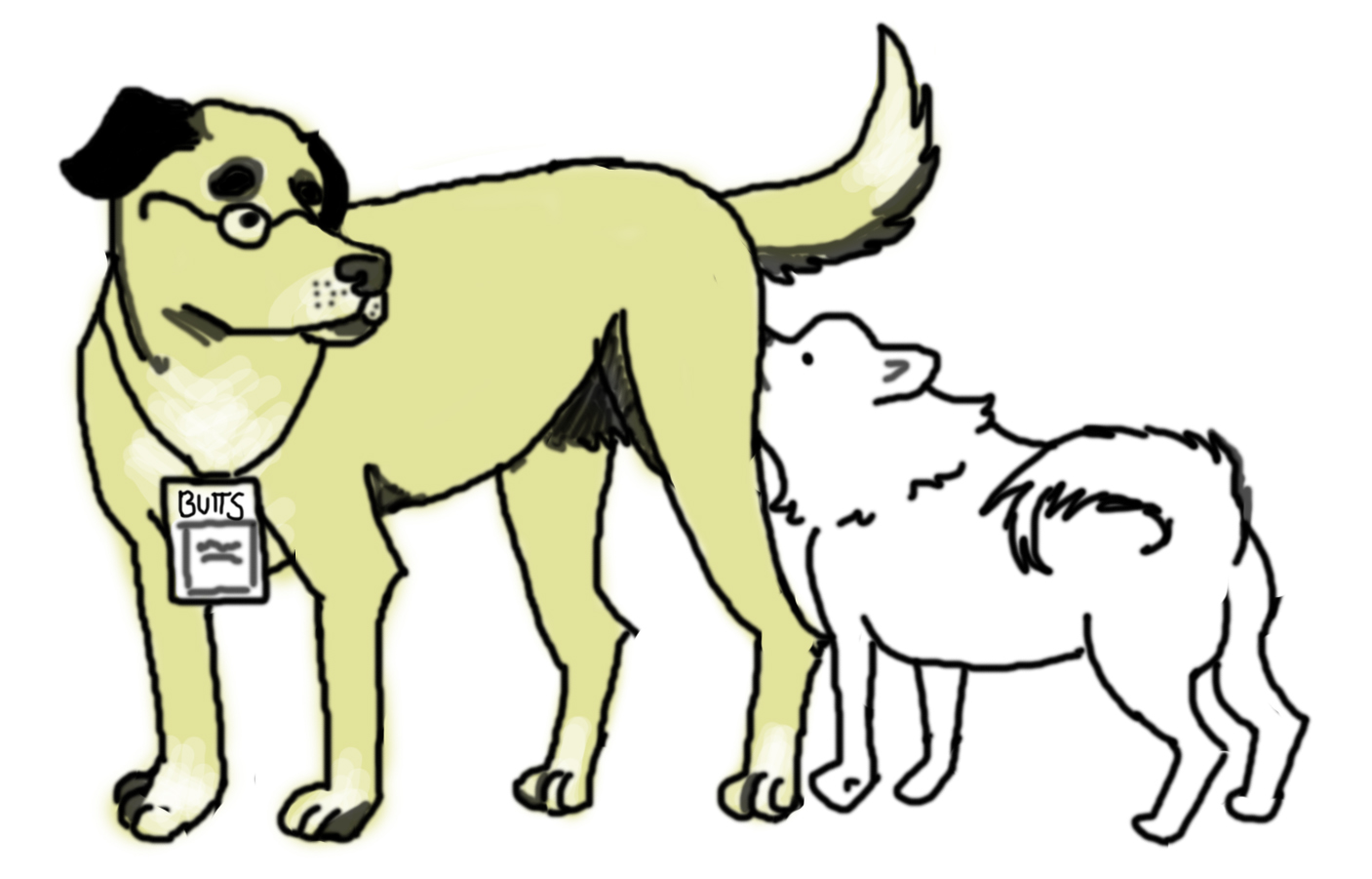
How a grainy mineral destroyed Vancouver
By Chandler Walter, Assistant Editor
It all started with the great cold of 2016. The lands of the Lower Mainland were caught in the icy grasp of winter, and so deep in its frosty clutches was the city of Vancouver held, that madness slowly seeped into the minds of its citizens.
The first fateful day brought with it a snowy landscape so white and so deep that all those who stepped foot outside fell victim to soggy toes. It was in those first days that the fate of Vancouver would be sealed by the inaction of its own residents.
Many saw the first falling of snow as a welcome change to the winds of autumn, though too soon were those same Vancouverites brought low by the hidden evils of the cold. We were our own worst enemies, at the beginning of it all, though the war that would befall us was one that none could have possibly foretold.
We erred. We made mistakes. We acted as humans do in a geographical location with mild weather: We failed to shovel our sidewalks.
Though some were swift to liberate the snow from their portion of the walkways in those first days (and thank the Gods for them, or many more would have perished long ago), far too many of us remained hopeful that the rain would once again return to wash it all away, as it has done for so many years.
We were wrong. The rain did not come.
The snow lingered, and turned to unyielding ice. The once-sturdy sidewalks became a tableau of chaos, with no refuge in sight for those who braved the walkways of doom. Those were dark days, cold days, and many buttocks fell victim to the hard justice of Vancouver’s ice. Many gave up hope, remaining in their houses, awaiting a sunny day to thaw the ice that cursed them so. But that day did not come, and in their darkest hour the people of Vancouver turned to an unlikely champion: salt.
I don’t know how we could have been so foolish. I don’t know when our humanity abandoned us and we were left as nothing more than animals, tearing each other limb from limb for the precious mixture of salt and sand. When the firehalls were named and the salt was spilled, we came in the hundreds armed with white buckets and metal shovels.
I have never before lay witness to the horrors that filled my eyes that day.
With their shovels they charged towards the hill of salt, with no compassion, no remorse for those who fell victim to the chaos before them. Any sense of kinship or camaraderie was abandoned that day in the name of salt, and after all was said and done, there was nothing left of that hill but faint remnants, scattered grains upon the dirty pavement.
Not a bucketful could be found by day’s end, but the utter humanity of those who took part in the rampage, well. That was left behind in the fading dusk.
And for what? An easier walk to the bus stop? A quicker trip to the grocery store? At what cost was this war waged, and what is to stop Vancouver from plunging back into Dante’s icy ninth circle of hell at the next dusting of snow?
Or perhaps we have learned from, and atoned for, our sins. One can only hope.
